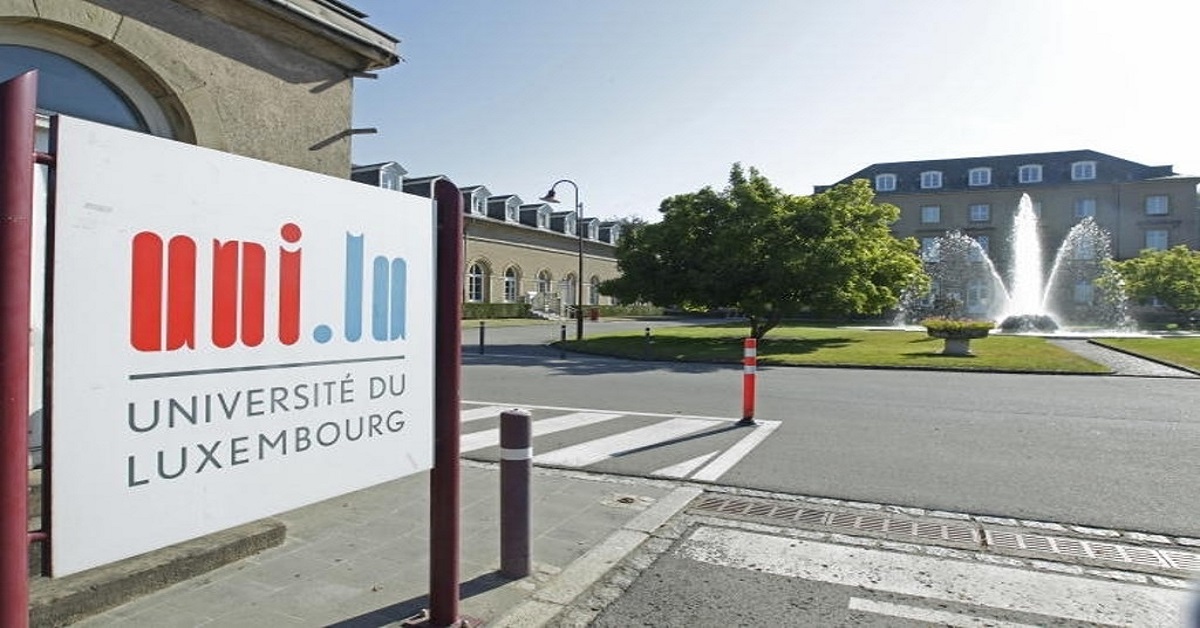
The University of Luxembourg is an international research university with a distinctly multilingual and interdisciplinary character. The University was founded in 2003 and counts more than 6,700 students and more than 2,000 employees from around the world. The University’s faculties and interdisciplinary centres focus on research in the areas of Computer Science and ICT Security, Materials Science, European and International Law, Finance and Financial Innovation, Education, Contemporary and Digital History. In addition, the University focuses on cross-disciplinary research in the areas of Data Modelling and Simulation as well as Health and System Biomedicine. Times Higher Education ranks the University of Luxembourg #3 worldwide for its “international outlook,” #20 in the Young University Ranking 2021 and among the top 250 universities worldwide.
The Faculty of Science, Technology and Medicine (FSTM) contributes multidisciplinary expertise in the fields of Mathematics, Physics, Engineering, Computer Science, Life Sciences and Medicine. Through its dual mission of teaching and research, the FSTM seeks to generate and disseminate knowledge and train new generations of responsible citizens, in order to better understand, explain and advance society and environment we live in.
Your Role…
In cooperation with international partner organizations the research team Applied Thermodynamics of the University of Luxembourg is developing Multiphase Fluid Dynamic Tools and Methods. Lattice Boltzmann is a method for numerical simulation of flows based on a discrete grid describing the flow properties by probability distributions. Multiphase Lattice Boltzmann allows modeling of flows where multiple fluids or phases are present simultaneously, such as gas-liquid mixtures or multicomponent flows. It is a powerful method to study complex flow phenomena.
The successful candidate is expected to perform the following tasks:
- Development of Python based Lattice Boltzmann Multiphase Code to simulate Multiphase Fluid Dynamic Problems
- Run calculations and validate the results
- Disseminate results through scientific publications and talks at conferences
- Support for teaching programs
What we expect from you…
- Master degree in mechanical-, process engineering, physics or informatics.
- Experience in Fluid Dynamics
- Experience in programming (Python, Matlab, C/C++)
- Fluent in speaking and writing English
In Short…
- Contract Type: Fixed Term Contract 36 Month (extendable up to 48 months if required)
- Work Hours: Full Time 40.0 Hours per Week
- Location: Kirchberg
- Internal Title: Doctoral Researcher
- Job Reference: UOL05911
- Employee and student status
The yearly gross salary for every PhD at the UL is EUR 39953 (full time)
How to apply…
Applications should include:
- Motivation letter including CV, PDF of MSc graduation project, copies of diplomas including full list of marks).
We ensure a full consideration for applications received by 31 August 2023. Please apply ONLINE formally through the HR system or via email: stephan.leyer@uni.lu.
Early application is highly encouraged, as the applications will be processed upon reception. Please apply ONLINE formally through the HR system. Applications by email will not be considered.
The University of Luxembourg embraces inclusion and diversity as key values. We are fully committed to removing any discriminatory barrier related to gender, and not only, in recruitment and career progression of our staff.
In return you will get…
- Multilingual and international character. Modern institution with a personal atmosphere. Staff coming from 90 countries. Member of the “University of the Greater Region” (UniGR).
- A modern and dynamic university. High-quality equipment. Close ties to the business world and to the Luxembourg labour market. A unique urban site with excellent infrastructure.
- A partner for society and industry. Cooperation with European institutions, innovative companies, the Financial Centre and with numerous non-academic partners such as ministries, local governments, associations, NGOs …
Further information…
For more information, please contact Professor S. Leyer (stephan.leyer@uni.lu) or check the website: URL: http://www.uni.lu




